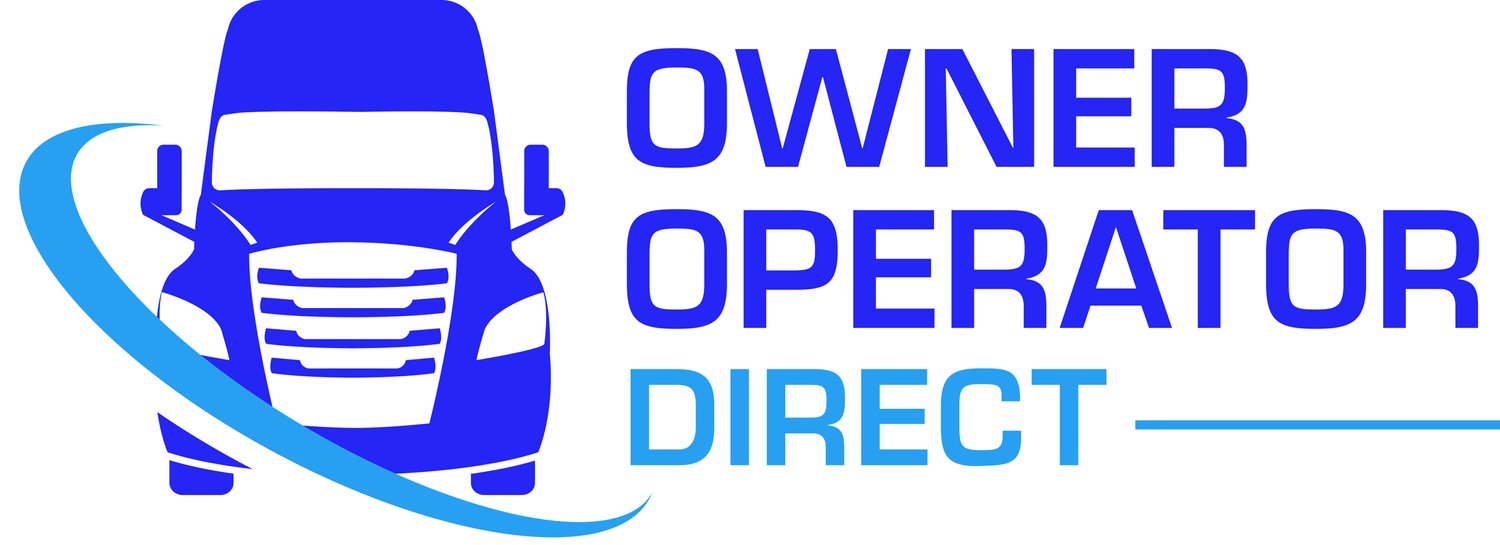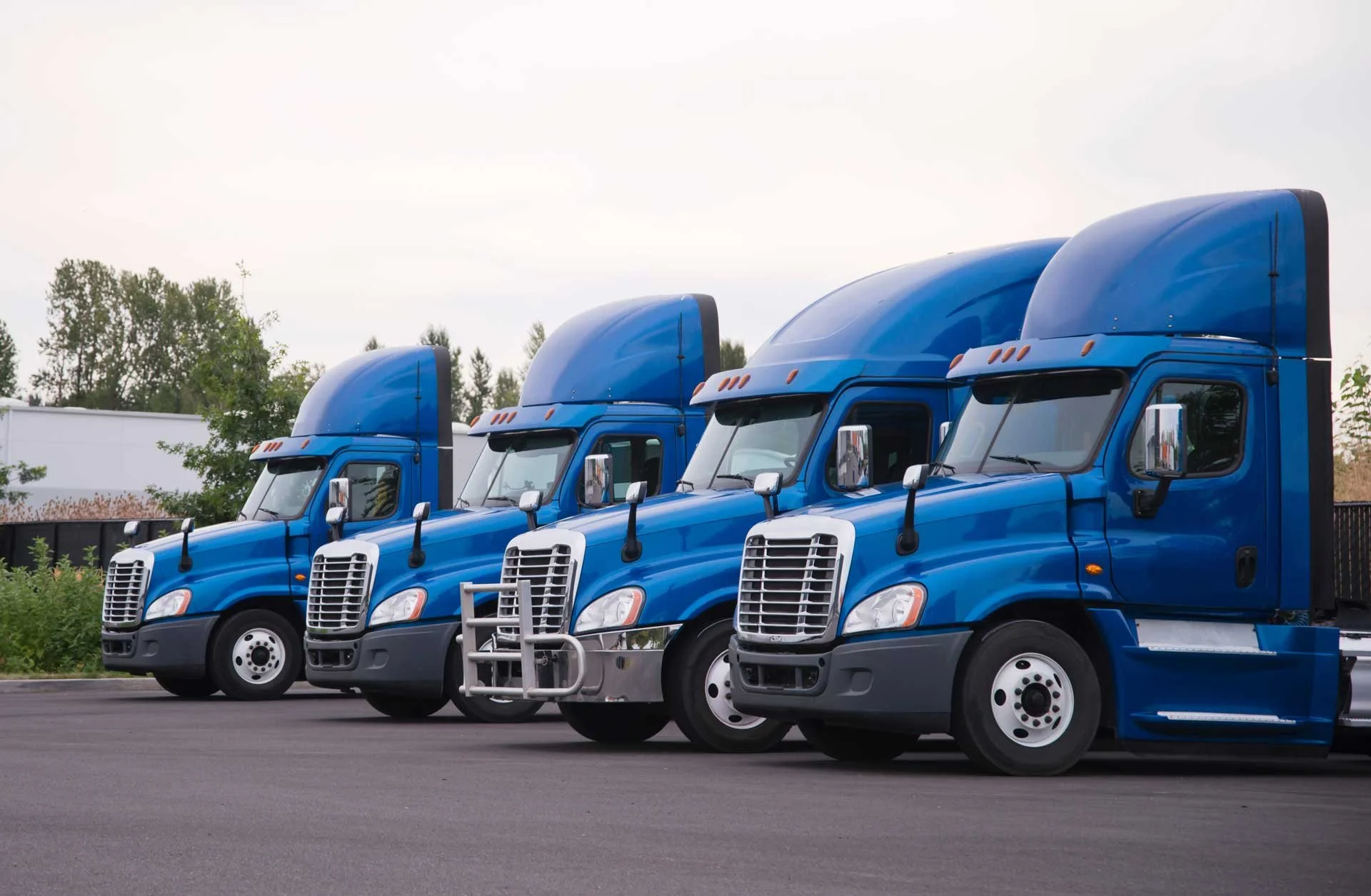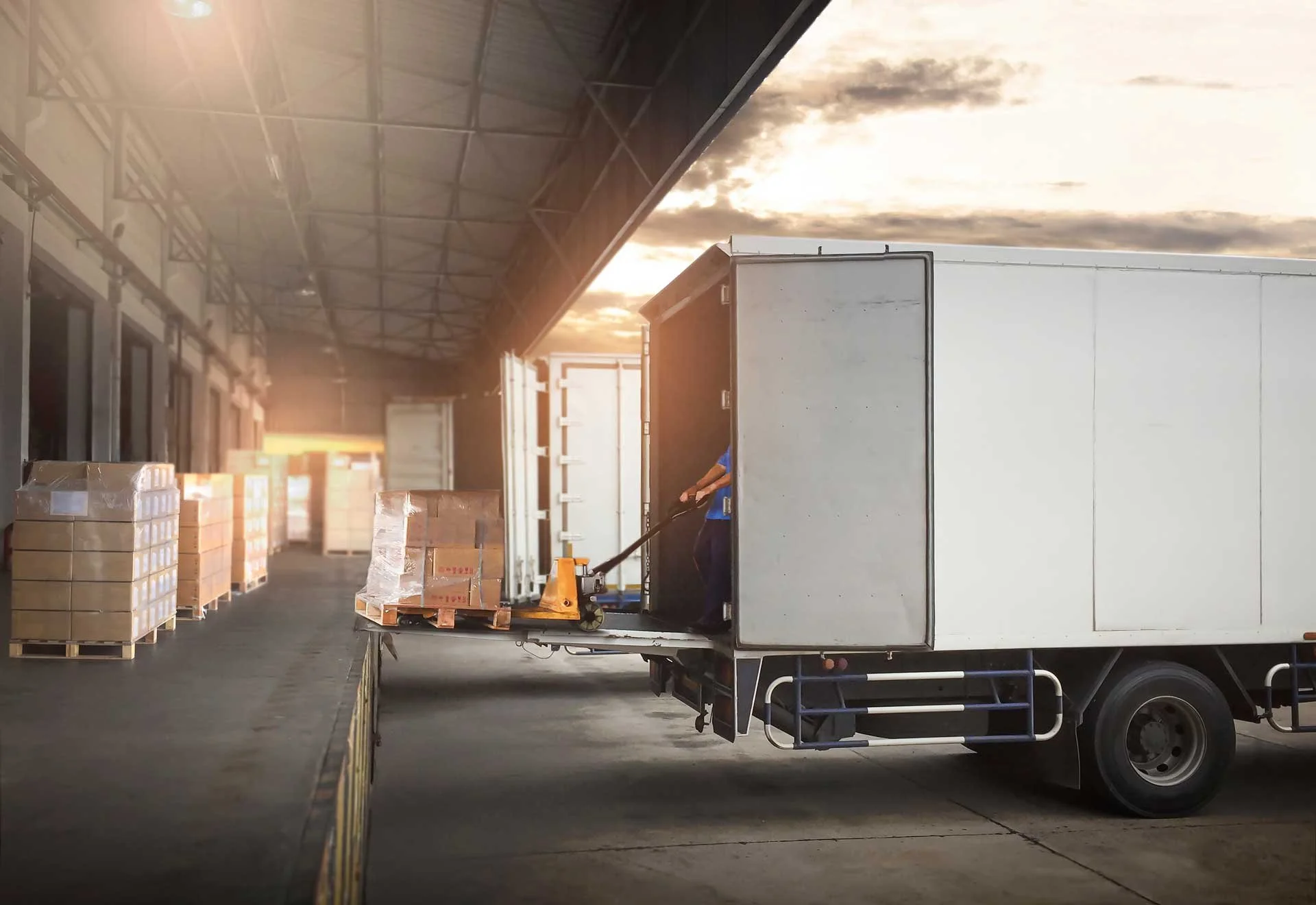
COMMERCIAL TRUCK INSURANCE 101
Everything you need to know about buying trucking insurance
Everything You Need to Know About Buying Trucking Insurance
You’ve decided to go for it. You got a loan for a new semi truck, and you’re ready to travel down your own road as an owner-operator. Congratulations!
Now you’re finding out there’s a lot of work to do before you even hit the road. One task you’re probably not looking forward to is buying insurance for your new truck and your new operation.
As an owner-operator, you may be thinking you can just leave everything that has to do with insurance to your broker. That’s what he or she is there for, and you have more important things to worry about, right?
Wrong.
Your broker is certainly a valuable resource, but it’s helpful for you to understand the coverages you will need, just as it’s important for you to understand every other part of your new business.
The last thing you want is to find out in your hour of need that your insurance will not properly cover a loss that you’d expect it to cover because you went with the quickest and cheapest option.
The bottom line is that your broker will be able to match you with the right insurer, but it’s up to you to ask the right questions and provide your broker with the right information about your business.
Only when your broker is armed with that information can he or she get you the best coverage with the right carrier.
Consider this: a travel agent can help set you up in a destination when you’re taking a vacation, but you would not just call a travel agency and say, “Send me to the cheapest place anywhere in the world; I don’t care where it is.”
More likely, you would have some idea of where you want to go and what you’d like to do while on vacation.
The travel agent would then help you plan the best experience that meets your expectations.
It’s the same with insurance. The coverages and services you need, and the company that can best provide them, will depend on your operation. And no one knows your operation better than you do.
For example, are you running a long-haul or local-radius operation? Insurers may specialize in one or the other, even if they happen to sell policies to both types of operations.
What kind of cargo are you hauling? The answer may determine what kind of coverage you should get to protect it.
First things first, it’s helpful to understand the coverages you’ll need for your new trucking operation. Here are the common ones:
Truckers General Liability Coverage — This covers the actions of a driver who is operating on someone else’s premises, such as loading docks and truck stops, and also covers mistakes in the delivery of the driver’s load.
Primary Liability Coverage — This does not cover your truck, but rather covers the damage you may do to others while operating your truck.
Physical Damage Coverage — Provides coverage to repair or replace damage to your equipment in the event of an accident or theft.
Non-Trucking Liability Coverage — Coverage for damages or injuries to others while the truck is not under dispatch from the company you are currently leased on with.
Motor Truck Cargo Coverage — When protecting your cargo, make sure your insurance covers you no matter the risk — stolen goods, wet load, refrigeration breakdown, debris removal, etc. It’s very important to have a cargo policy that is Broad Form and not Specified Perils (more on that later).
Trailer Interchange — Covers a non-owned trailer being used under a trailer interchange agreement.
Medical Payment — This covers medical bills if you or a passenger is injured while driving or riding in the tractor (this coverage varies from state to state).
Uninsured/Underinsured Motorists — This coverage protects you if someone hits you and does not have liability coverage to repair whatever you need repaired.
How Much is Commercial Truck Insurance?
Trucking insurance for an owner operator with their own authority generally runs anywhere from $8,000 to $14,000. But on the surface, that number means nothing.
Because you might end up paying a whole lot more later.
You should understand how to properly compare the price of insurance. Insurers may throw out a quote that sounds great, and far cheaper than competitors.
But you should keep the old saying in mind: if something sounds too good to be true, it probably is.
With insurance, some money saved upfront can easily turn into a lot more money spent later on. It’s important to consider your total potential costs when deciding which policy really gives you the best value for your money.
For example, be sure to understand what the deductibles will be on your policy. The deductible is what you will have to pay after a loss before your insurance kicks in to pick up the rest. So, if you have a $1,000 deductible and suffer a $5,000 loss, you will pay the first $1,000 and the insurance company pays the remaining $4,000.
Company A may have separate $1,000 deductibles each for the tractor, trailer, and cargo, meaning that if you are involved in an accident, you might be shelling out $3,000 before your insurance policy kicks in.
Company B may have a $1,000 deductible total, meaning that, for the same accident, coverage will kick in for the tractor, trailer, and cargo after you pay $1,000 toward the loss.
Even if Company A’s policy is $500 cheaper than Company B’s, it’s easy to see how Company B offers you better value.
Coverages — Are You Getting What You Pay For?
Examining your coverages is important as well. Cheaper insurance is nice, but if it doesn’t offer the protection you need, then it’s not very useful. Some of the basic liability coverages should be similar across insurers, but you should pay close attention to some other coverages discussed above, like cargo.
Some insurance companies offer cargo coverage on a Specified Perils basis. If your loss falls outside the specific loss conditions listed in the policy, you could be left paying for that cargo loss yourself.
You’re better off finding an insurance company that offers Broad Form cargo coverage to make sure your load is protected when something goes wrong.
Again, the few hundred dollars you might save up front on your premium could evaporate instantly if you’re left paying a cargo loss yourself.
As mentioned before, look at any additional deductibles you might have to pay as well before the various coverages kick in.
You Know Trucking; Your Insurer Should, Too
You should also look into an insurance company’s reputation. For one, you want to make sure an insurer is reputable, and will be there for you when you have a loss. Beyond that, you want to make sure that the insurer fully understands the trucking business and the types of accidents and losses that can happen.
Failure to do so can result in higher costs and even lost time for you after an accident.
Imagine you are involved in an incident that results in a diesel fuel spill. If your insurer has experience dealing with trucking losses, it can send a claims adjuster who understands the process for cleaning up that spill.
The adjuster will make sure the proper steps are followed so that the loss is handled quickly and effectively. Insurers unfamiliar with trucking may leave it up to local law enforcement to manage the cleanup, which can be far more expensive. A larger loss for you can result in more expensive premiums when you renew your insurance.
If you suffer a cargo loss, your insurer should be able to send experts who can make sure anything still usable after the accident is transferred safely. If your truck is damaged, your insurer should understand the dynamics of tractor trailer physical damage repair so you can get back on the road quickly.
It’s All About Service
Once you find an insurer that understands your business, make sure that company puts its knowledge to work for you. It’s great if your insurance company understands how to properly handle your claim after an accident, but if that company only allows you to report the claim on weekdays during business hours, you still run the risk of an after-hours accident that is not immediately addressed becoming very expensive.
In today’s fast-paced world, 24/7 claims service should be a must-have for your insurance purposes.
The sooner the insurance company is able to get its experts involved, the better the odds are that your claim will be taken care of quickly, letting you get back on the road with minimal delay.
If the company has no one available to take your call at 8:30 p.m. on a Saturday, you’re losing valuable time, and as you’re discovering as you launch your new trucking company, time is money.
You’ll also want to look into additional services that knowledgeable insurers can provide to help you, as a new business owner, identify and manage all of the expected and unexpected risks you’ll come across. Quality insurers will have experts who can meet with you and discuss loss control and risk management so you can prevent accidents and losses from happening.
From training videos, to newsletters and manuals, to hotlines designed to answer safety and compliance questions you might have, these extra services can be extremely valuable as you learn about the rules and risks of owning your own trucking company.
Ask the Right Questions
All of this may seem like a lot to take in, but remember: you have a broker who is there to help you out. Just make sure you’re asking the right questions so the broker can give you the best information and assist you to the best of his or her abilities. Questions you should consider asking your broker include:
• What’s the insurance company rated? Ratings agencies, such as A.M. Best issue financial strength ratings designed to measure insurance companies’ abilities to meet their obligations to policyholders.
• Is it an unlimited policy? Unlimited policies will cover almost all hazards and losses contemplated under that particular type of insurance.
• What type of cargo form is included with the policy, broad form or specified peril?
• Is there an additional deductible you need to worry about?
• Does the company specialize in trucking, and if so, does it prefer local radius or long haul?
• Does the company have 24/7 claims reporting capabilities? As discussed earlier, the faster a claim is addressed, the better chance there is of resolving it quickly.
• Are there references available that you can see? You may be getting insurance for the first time, but there have been many other owner-operators before you who have bought coverage from every company selling it. What do they think about a company’s service, expertise, and overall value?
You’ve thought a lot about launching your new trucking venture. You’ve put a lot of effort into finding the right vehicle, deciding what your specialty will be, and crunching numbers to determine how you can run your business profitably.
Make sure you don’t jeopardize your success by cutting corners on insurance.
Find the right coverages with the right insurance company so that there are no unpleasant surprises when an accident happens.
Your insurance company should be seen as a partner in your new venture that can help you identify and manage risks. It should be be a burden on your business that collects your money and leaves you on the side of the road in your time of need.
Owner Operator Direct provides commercial truck insurance for owner operators, whether leased or operating under own authority. We give the broadest coverage in the business for semi trucks, at very competitive rates. If you want a quote, give us a ring at 800-499-1044. Or answer a few questions here and we'll email you a quote.





